Banking & Insurance Vocabulary for Beginners
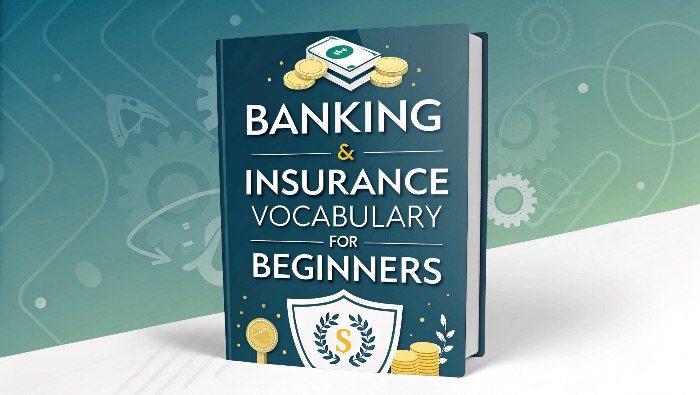
Banking & Insurance Vocabulary for Beginners
Understanding how banks and insurance companies work can feel overwhelming if you’re just getting started. However, mastering the essential terms used in banking and insurance can help you make smarter decisions, avoid fees, and even save money on life insurance, loans, and financial services.
This guide is designed for beginners who want to understand key terms like premium, interest rate, credit score, claim, and coverage — all explained in simple language, with examples and practice quizzes to help you remember.
Why Learn Banking and Insurance Terms?
If you’ve ever asked questions like:
- What is the difference between term insurance and whole life insurance?
- How does a credit score affect my ability to get a mortgage?
- What does an insurance policy actually cover?
Then this guide is for you.
Whether you’re applying for a personal loan, buying affordable life insurance, or checking your online banking account, knowing these words will help you stay in control of your money.
Banking & Insurance Vocabulary for Beginners
Essential Banking and Insurance Terms
| Term | Field | Simple Definition | Example Sentence |
|---|---|---|---|
Bank Account | Banking | A place to store your money | I opened a bank account to receive my salary. |
Interest Rate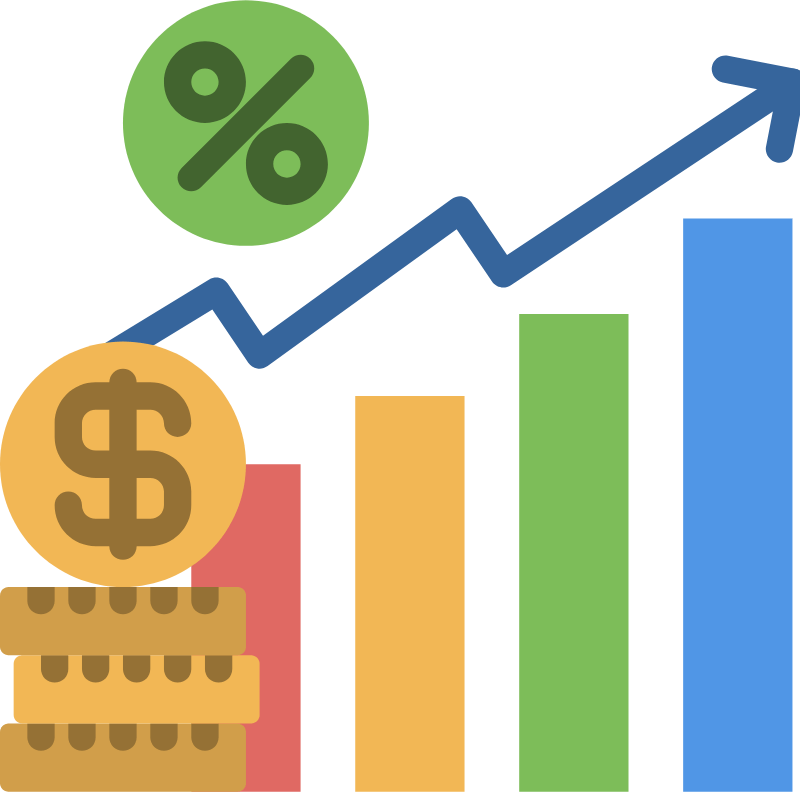 | Banking | A percentage charged or earned on money | The interest rate on my savings is 2%. |
Credit Score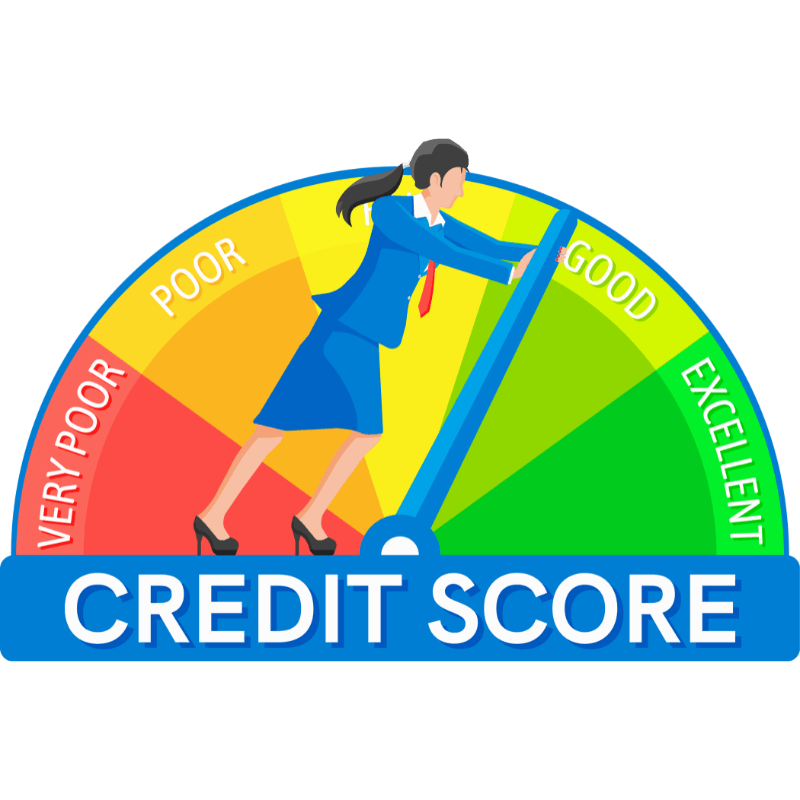 | Banking | A number that shows how well you manage money | A high credit score can lower your loan interest. |
Loan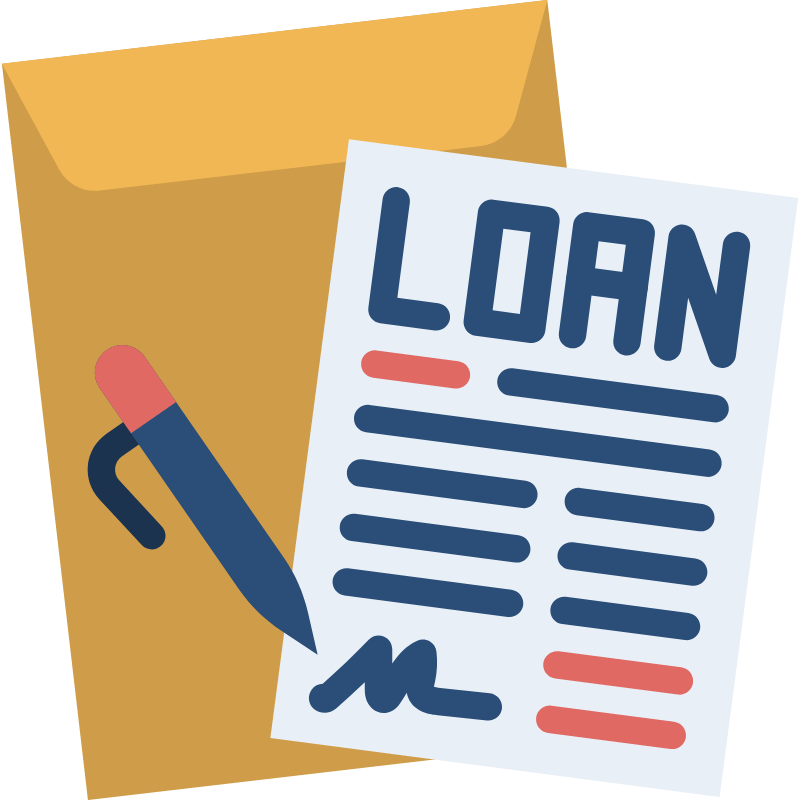 | Banking | Money you borrow and agree to pay back | I took a bank loan to buy a new car. |
Mortgage | Banking | A long-term loan to buy property | We applied for a mortgage with a low interest rate. |
Overdraft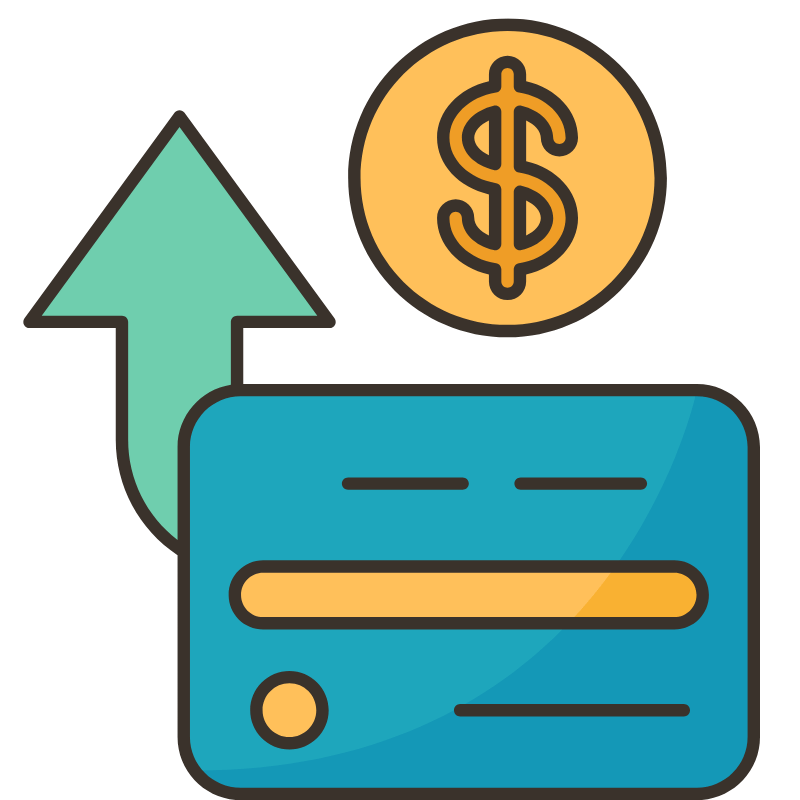 | Banking | When your bank account goes below zero | I was charged a fee for an overdraft. |
Debit Card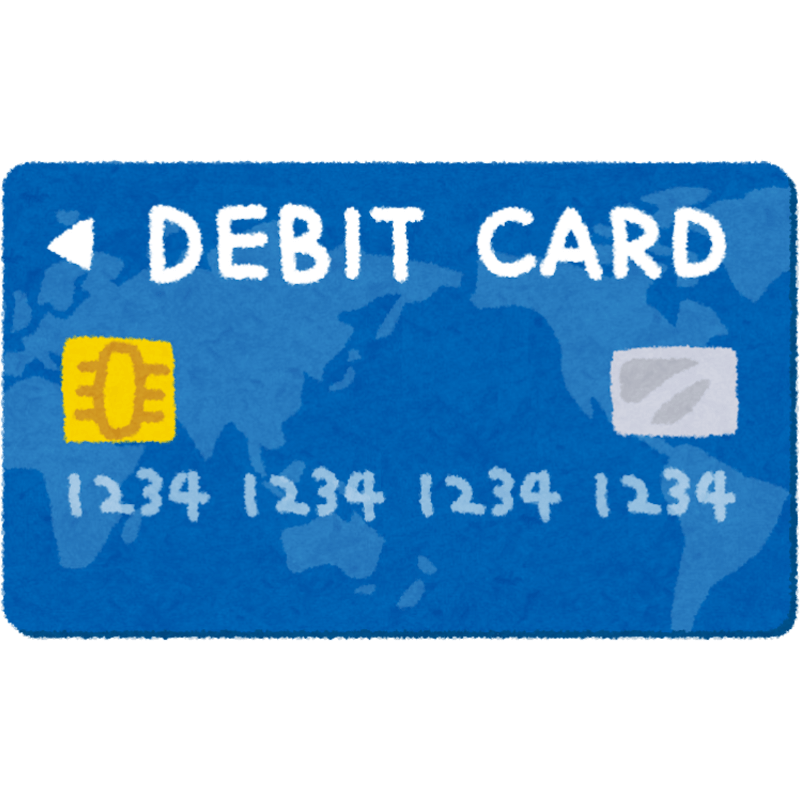 | Banking | A card that uses your own money from your bank account | I used my debit card to buy groceries. |
Online Banking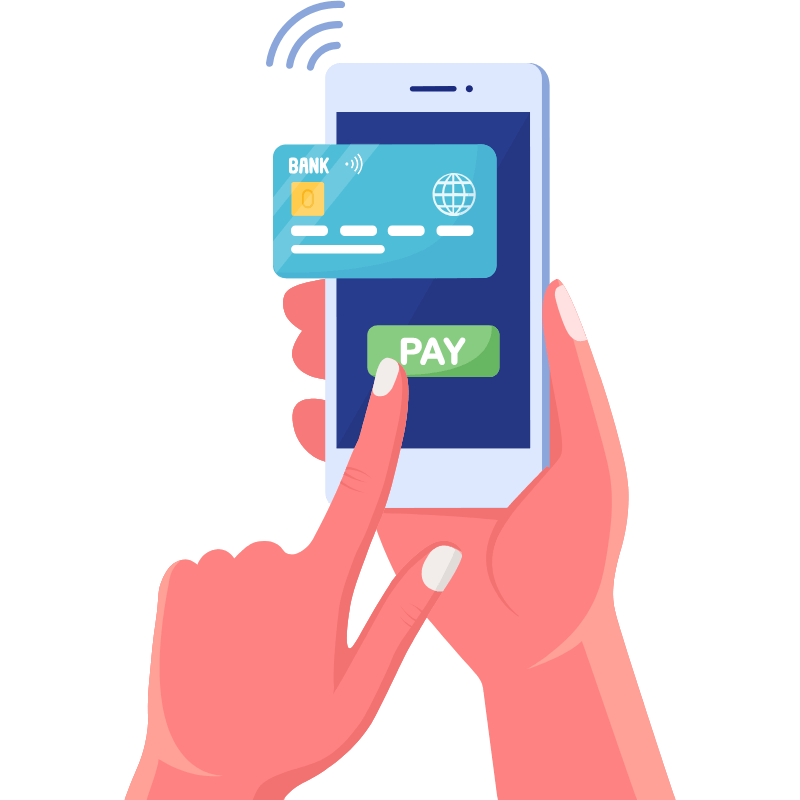 | Banking | Managing your bank account via the internet | I check my account daily using online banking. |
Savings Account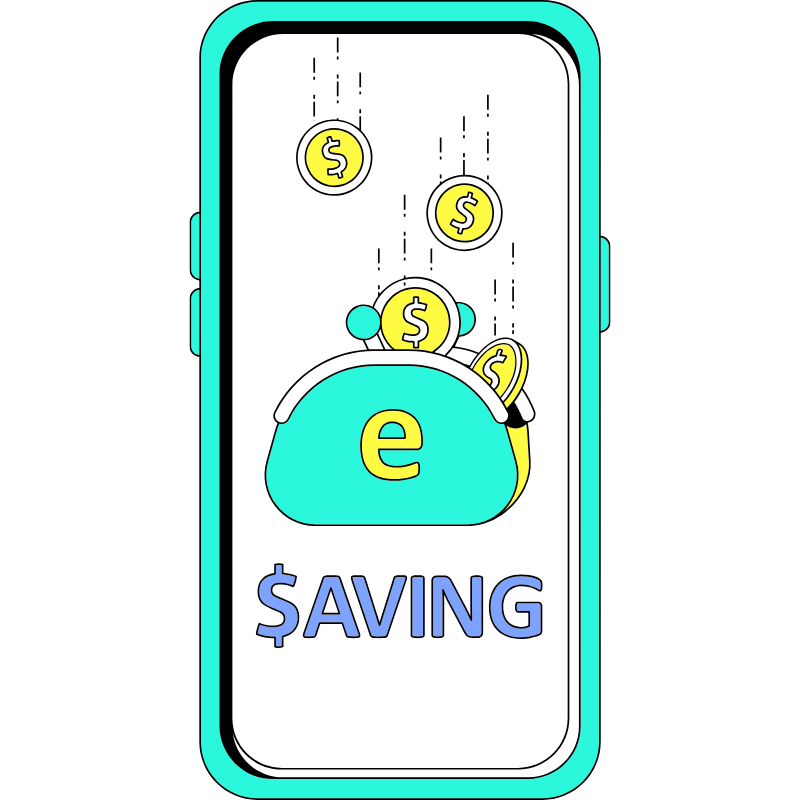 | Banking | A bank account that earns interest | My savings account helps me grow my emergency fund. |
Bank Fees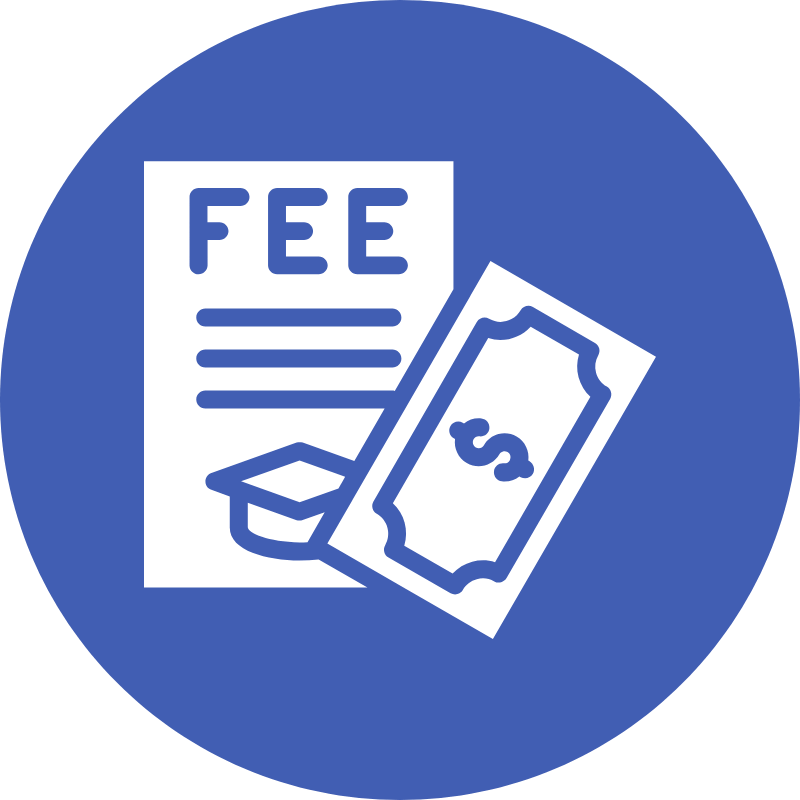 | Banking | Charges for using bank services | My account has no monthly bank fees. |
Life Insurance | Insurance | A policy that pays money to someone when you die | I bought life insurance to protect my family. |
Insurance Policy | Insurance | A contract with an insurance company | My insurance policy includes accident coverage. |
Premium | Insurance | The amount you pay to keep your insurance active | I pay $40 each month as a premium. |
Beneficiary | Insurance | The person who receives the insurance money | My wife is listed as the beneficiary. |
Claim | Insurance | A request for payment from the insurance company | I filed a claim after my car was damaged. |
Coverage | Insurance | The total protection your policy offers | My coverage includes theft and fire. |
Whole Life Insurance | Insurance | Life insurance that lasts your entire life | Whole life insurance builds cash value over time. |
Insurance Quote | Insurance | An estimated price for a policy based on your info | I received a life insurance quote online. |
Cash Value | Insurance | The savings part of some life insurance policies | I can borrow money from the cash value of my policy. |
Term Insurance | Insurance | Life insurance for a fixed period | Term insurance is cheaper than whole life insurance. |
Banking & Insurance Vocabulary for Beginners
Quick Review Quiz
Question 1:
Which term refers to the amount you pay regularly for your insurance policy?
A. Interest Rate
B. Premium
C. Coverage
D. Claim
Correct Answer: B. Premium
Question 2:
What is a good reason to compare life insurance quotes from different companies?
A. To find higher premiums
B. To delay buying insurance
C. To get better coverage at a lower cost
D. To avoid making a decision
Correct Answer: C. To get better coverage at a lower cost
Question 3:
If your credit score is low, what may happen when you apply for a bank loan?
A. You’ll get free money
B. You will get a lower interest rate
C. You may be denied or pay more interest
D. It won’t affect anything
Correct Answer: C. You may be denied or pay more interest
Practice Activities
Try these exercises to test your understanding of the vocabulary. Fill in the blanks with the correct word from the list.
Words to Use: premium, insurance policy, credit score, mortgage, beneficiary
- My __________ is high because I always pay my bills on time.
- We applied for a __________ to buy our first home.
- I named my sister as the __________ in my life insurance.
- I read the details of my __________ carefully before signing.
- Every month, I pay a $50 __________ to keep my coverage active.
Answers:
- credit score
- mortgage
- beneficiary
- insurance policy
- premium
Download the PDF Version
Want to keep this guide for offline use or review?
Download the full PDF including all the terms, examples, and exercises.
Conclusion
Learning the basic terms used in banking and insurance will give you confidence when managing your finances. Whether you’re opening a savings account, applying for a loan, buying term life insurance, or comparing insurance quotes, you’ll make smarter decisions and avoid costly mistakes.
- Learn English Online for Free: 20+ Powerful B-Words for Beginners
- Top 20 English Words Starting with A for Beginners
- Top 25 English Words Starting with C
- Legal English for Beginners – Learn Legal Terms Easily
- English Conversation About Personal Loans


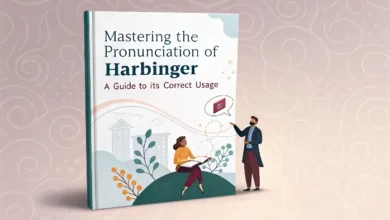


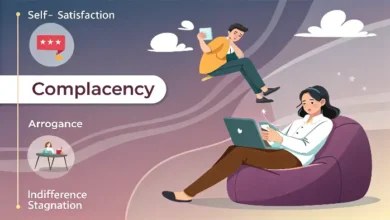


Hello I’m a beginner i want to speak English well I think engquiz will be better for me to improve my English